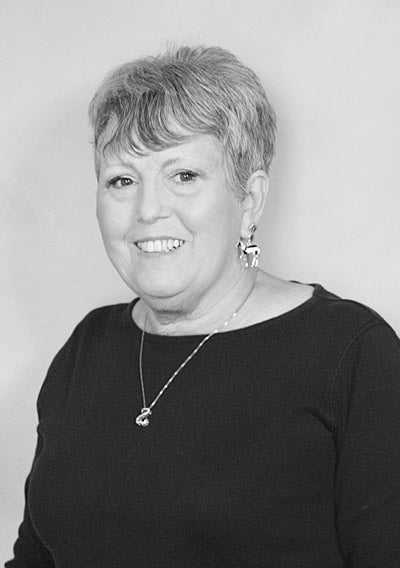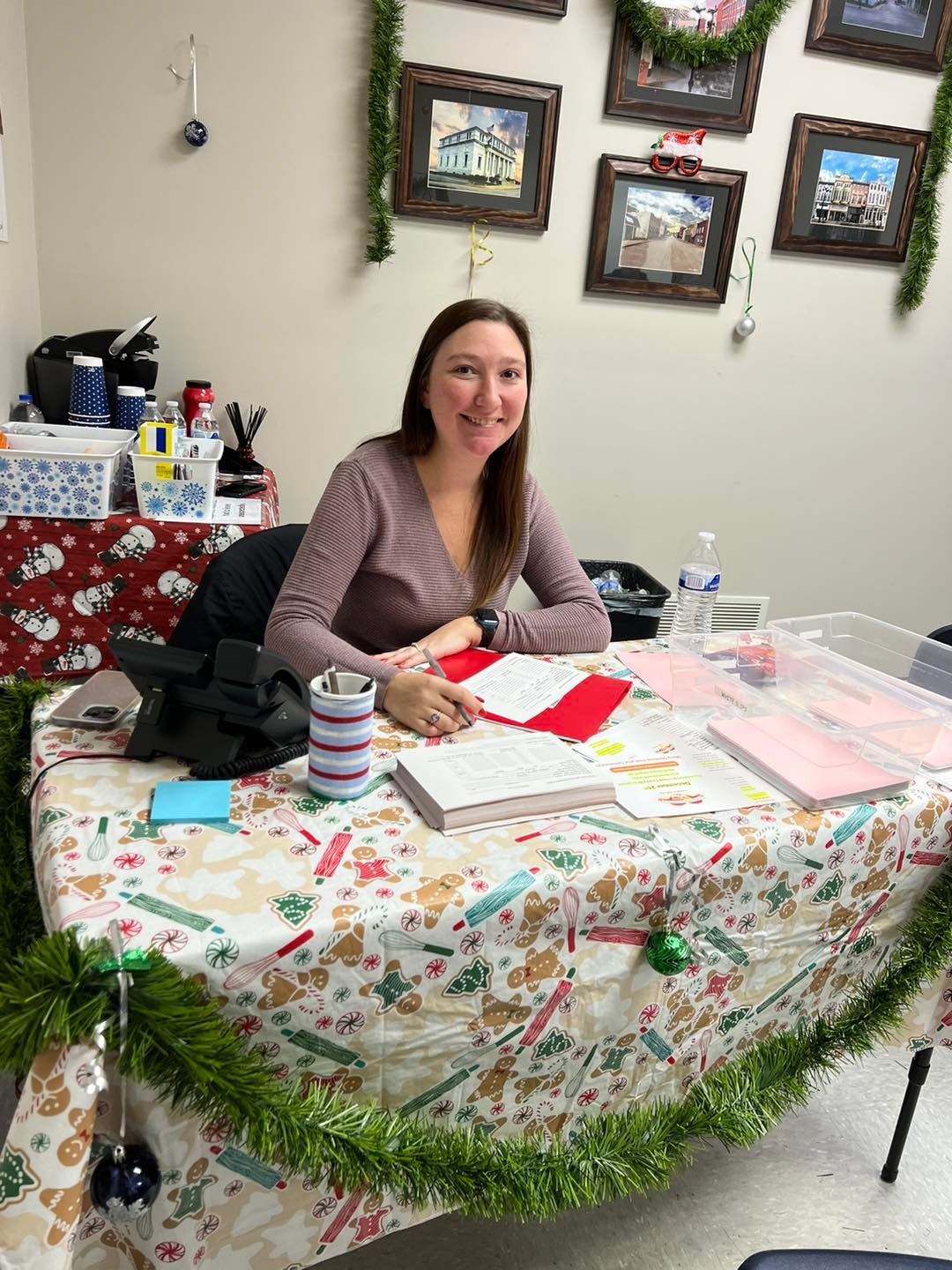Down the Lane: Life after school was no picnic
Published 9:55 am Thursday, August 16, 2018

- Sue Staton
This week, the children in Clark County will once again be entering a classroom to help prepare them for life. I pray for their safety each day and wish them all well.
This past Wednesday I was with a few of my homemaker friends after we had been to Midway on an excursion for lunch. Our conversation turned to memories of returning home from our day at school. We could not help but think how different our lives were compared to those of children today.
It did not matter if wewere tired after being in school all day. We still had work to do at home. We still had to do most jobs even while sick unless we were in the hospital.
We all said as soon as we returned home from school, we changed from our school clothes to our work clothes. We did not wear any outfit once and throw it in the dirty clothes. We had to wear the same thing twice during the week and sometimes three times before it could be washed.
My sister and I would wear something on Monday and back again later in the week before it got put in the laundry. As I have mentioned before, she and I could put all the school clothes on one closet pole in our room. Now, I am almost ashamed to say I have closets full of clothes. I sometimes think it is because of not having a lot of clothes when I grew up that I want so many.
We all had work. Back then it was not called chores. Chores to us were something you could do quickly. Our work was an everyday job. For some of us, it meant cooking and cleaning. For some it meant barn work such as milking cows, getting eggs from the chickens, putting new bedding in for them or whatever needed to be done.
Doing dishes after the meals or cooking the meals was routine for most of us. It did not matter if we had a friend at home or not. Our chores went on. It did not matter what the weather was. Our work had to go on. Our brothers had their own type of chores.
One lady said she had to babysit the youngest child, who was spoiled and never wanted to mind her, in addition to her doing her other chores. It was sometimes a traumatic experience and one she still thought of to this day. It brought laughter to us but we could all knew how hard it had been on her at the time.
In a conversation with one of my other homemaker friends who was the oldest of eight siblings, I felt my life was a little easier than hers. She told of her father working in the coal mines in the mountains of eastern Kentucky. She also spoke of babysitting the younger children in the family who were often “holy terrors” as she put it.
Her mom was usually cooking when she got home from school. After changing into her work clothes, she had to get the clothes off the line, fold the clothes and start ironing. She also had to babysit the younger ones along with these jobs. As she spoke, I thought of the three huge clotheslines of my family of seven and could not imagine the amount of clothes for a family of 10. To get water to the house they had to pack it up a huge hill to the house, she said.
We agreed we usually had about three hours of work before we could begin our homework. Life was hard for all of us. Our Saturdays were spent doing hard labor cleaning the house from top to bottom and getting ready for Sundays. Sundays were our only day of rest, but only after church and the necessary things done.
None of us recalled having a bathroom in the house the whole time we were in school. It was only after we each got married that we had that luxury. Looking back now, I realize how much we take for granted.
The lady who grew up in the mountains said they did not have a phone for most of her childhood. We remembered our conversations had to be spoken in front of the whole family as they listened to our every word. It sure made it hard when a boy told you he loved you and you could not respond other than a “me too.” Anything else might have stopped our phone use completely. We could not help but think of how the children of today have phones to carry with them everywhere.
We spoke of how our summers were spent canning and helping to put up enough food to feed our large families in the winter. We made up games when we had extra time.
Looking back, we think we were prepared for life in some ways much better than kids of today. At least we felt we were able to withstand the storms of life that had come our way. We feel we can survive a whole lot easier than the kids who have had everything given to them in today’s world.
We felt like families were much closer then than they are now. Communication was better. We knew the struggles our parents felt because we were a part of it. We knew they did what they could for us and we never asked for anything because we knew they would have got it for us is they could have.
We all agreed we never knew how good we had it back then even with the work. Maybe we are not doing our best to prepare our children today. Letting them have every thing they want is not the best for them. With that said, I do know they live in a different world than we did but some core values need to be instilled in them even today.
Sue Staton is a Clark County native who grew up in the Kiddville area. She is a wife, mother and grandmother who is active at First United Methodist Church and Towne and Country Homemakers.





